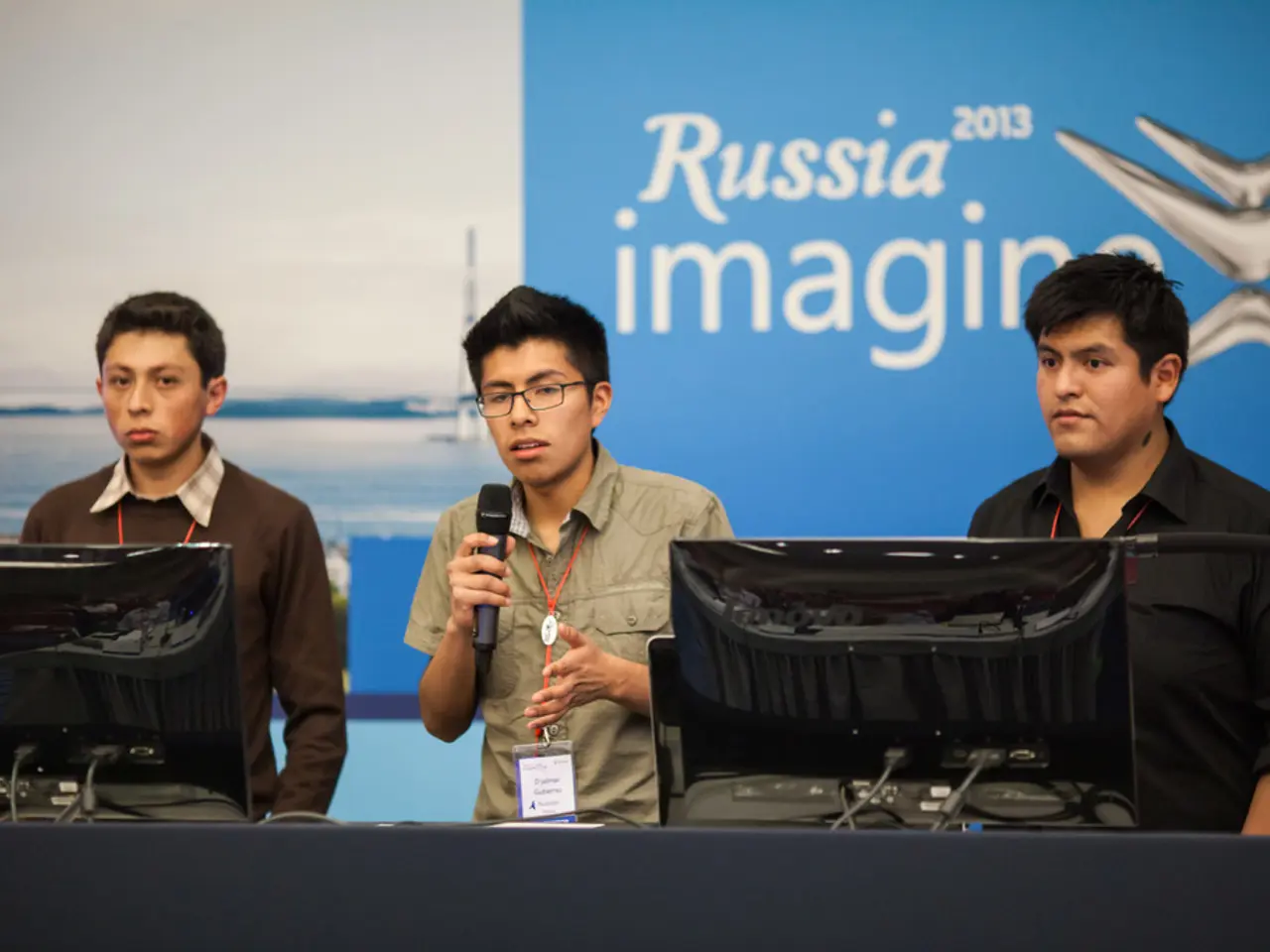Safeguarded Occupations Resilient to AI, Currently Unscathed
In a recent compilation, 79 jobs have been identified as AI-proof, largely due to their reliance on human empathy, creativity, situational awareness, or complex manual skills that AI currently cannot easily replicate. These jobs span various fields, including healthcare, education, engineering, creative arts, emergency services, and skilled trades.
Dermatologists, for instance, diagnose and treat skin conditions, performing procedures and counselling patients on care. While AI can assist with image recognition, the final diagnosis and treatment plans require human insight.
Fish and Game Wardens enforce laws, protect wildlife, and educate the public. Their duties include patrolling remote areas, investigating poaching, and conducting rescues. The unpredictable nature of wildlife management and the need for human judgement ensure low automation risk.
Welders fuse metals in construction, manufacturing, and art. BLS projections suggest jobs for welders, cutters, and braziers will grow about 1%. Intricate welding in confined or unpredictable environments requires human proficiency that robots cannot yet match.
Wind-Turbine Technicians maintain and repair turbines at great heights or offshore. Tasks include climbing towers, diagnosing mechanical issues, and adjusting blades - work that robots cannot safely perform in unpredictable weather.
Chief Executives set organizational strategy, make high-stakes decisions, and communicate with stakeholders. Leadership requires vision, negotiation, and emotional intelligence - attributes that AI lacks.
Surgeons, All Other perform a wide variety of operations requiring dexterity, decision-making, and teamwork. Robotic systems assist surgeons, but a human remains at the controls. The stakes of surgery mean that ethical and legal responsibility will stay with human surgeons, safeguarding these jobs from automation.
Sports Medicine Physicians diagnose athletic injuries, plan rehabilitation, and advise on performance. They assess each athlete's goals and constraints, requiring a personalized approach. Human judgement in balancing return-to-play timelines with long-term health keeps this specialty safe.
Physical Medicine and Rehabilitation Physicians treat chronic pain, spinal injuries, and mobility issues. They develop customized rehabilitation plans and collaborate with therapists. As with other healthcare roles, their work requires empathy, creative problem-solving, and manual examination.
Landscape Architects design outdoor environments, balancing ecology, aesthetics, and human use. They consider local climates, native plants, and community needs. While AI can analyse data, creative vision and collaboration with stakeholders keep landscape architecture a human-led profession.
Interior Designers create functional and aesthetically pleasing indoor spaces. They consult clients, select materials, and coordinate contractors. AI can suggest layouts, but understanding a client's tastes and translating them into harmonious designs requires human creativity.
This list of 79 jobs, which includes roles such as Nurse Practitioners, Choreographers, and Personal Financial Advisors, typically involves human judgement, empathy, fine motor skills, ethical decision-making, or creativity—areas where AI currently cannot replace humans effectively. Many jobs in healthcare, creative arts, skilled trades, and certain emergency services fall into this category.
The source emphasises that "AI-proof" often means "AI-resistant for now," as AI tools may augment rather than completely replace these professions over time. For more detailed ranking and full job titles, the source provides the complete enumerated list.
- Dermatologists, with their human insight needed for diagnosing skin conditions and providing personalized treatment plans, are among the jobs that are deemed AI-proof.
- Fish and Game Wardens, who use their situational awareness and human judgement in enforcing laws, protecting wildlife, and educating the public, have low automation risk.
- Welders, whose intricate welding in confined or unpredictable environments requires human proficiency, have a predicted job growth of about 1%.
- Wind-Turbine Technicians, who perform dangerous and unpredictable tasks such as climbing towers and adjusting turbine blades, maintain jobs that robots cannot safely perform.
- Chief Executives, whose roles require leadership, vision, and emotional intelligence, are jobs that AI currently lacks the ability to replicate.
- Surgeons, All Other, who use robotic systems as assistants but retain overall control, are kept safe from automation due to the ethical and legal responsibility associated with their work.
- Landscape Architects, who make creative decisions while balancing ecology, aesthetics, and human use, are among the professions where AI can analyze data but cannot replace the creativevision and collaboration with stakeholders.




